
Clear Signs of Kidney Failure Everyone Should Pay Attention To
Kidney failure, or renal failure, is a serious medical condition where the kidneys lose their ability to filter waste and excess fluids from the blood effectively. Because the kidneys play a vital role in maintaining overall health—regulating blood pressure, balancing fluids, and producing hormones—their dysfunction can affect almost every part of the body. Unfortunately, the symptoms of kidney failure can be subtle in the early stages and are often mistaken for other health issues. However, there are several clear signs that indicate something may be wrong, and being aware of them can lead to earlier diagnosis and treatment.
1. Swelling in the Legs, Ankles, or Feet
One of the most noticeable symptoms of kidney failure is swelling, also known as edema. When the kidneys are no longer able to remove excess fluid from the body, it tends to accumulate, especially in the lower limbs. If your shoes or socks leave deep imprints or you notice your ankles puffing up by the end of the day, this could be a warning sign that your kidneys are not functioning properly.
2. Changes in Urination
Since the kidneys are directly responsible for producing urine, any significant change in urination habits should be taken seriously. This could include more frequent urination, especially at night, or the opposite—less frequent urination. Additionally, the color and appearance of urine might change; it may become foamy, darker, or even contain blood. These symptoms often point to impaired kidney function or damage.
3. Constant Fatigue and Weakness
Healthy kidneys produce a hormone called erythropoietin, which helps the body make red blood cells. When the kidneys fail, the body may not produce enough of this hormone, leading to a decrease in red blood cells—a condition known as anemia. As a result, patients often experience persistent fatigue, weakness, and difficulty concentrating. If you feel tired even after a full night’s rest, this may be more than just stress or lack of sleep.
4. Shortness of Breath
Excess fluid buildup in the lungs is a potential complication of kidney failure, and it can cause noticeable shortness of breath. Moreover, anemia caused by kidney disease can mean your body isn’t getting enough oxygen. Both factors can make even light physical activity, like walking or climbing stairs, feel exhausting.
5. Persistent Nausea and Metallic Taste in the Mouth
When kidneys fail, waste products start to build up in the bloodstream, leading to a condition known as uremia. This buildup can cause constant nausea, vomiting, and a metallic taste in the mouth. Many people also report losing interest in food or experiencing a change in how food tastes. These symptoms, although often ignored at first, are significant indicators of kidney trouble.
In conclusion, kidney failure is a silent but dangerous condition. While its early signs can be confused with other health issues, certain symptoms—such as swelling, changes in urination, chronic fatigue, and unexplained nausea—are strong indicators that should never be ignored. Paying attention to these signs and seeking medical advice early can prevent further damage and greatly improve the quality of life. Everyone should be proactive about their kidney health—after all, early action can save lives.
News in the same category


5 Typical Early Symptoms of Childhood Cancer: When to Take Your Child to the Hospital Immediately
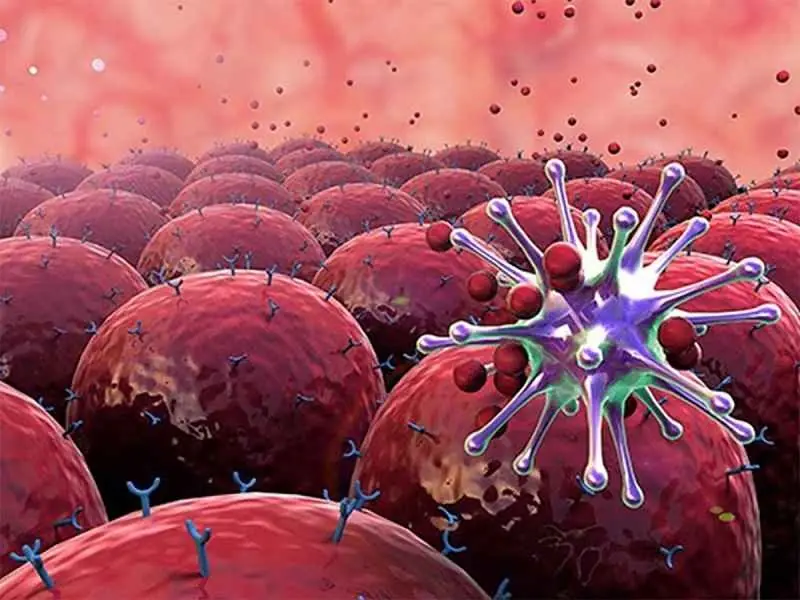
Doctor’s Warning: Early-Stage Lung Cancer Doesn’t Always Include a Cough – Watch for These 4 Unusual Signs

5 Early Signs of Diabetes That Many People Often Overlook

To Prevent Stroke, Remember the ‘3 Don'ts’ After Meals and the ‘4 Don'ts’ Before Bed — Stay Safe at Any Age

Scientists Warn: Most Infectious Covid Strain Yet Is Now Dominating

Bloated Stomach: 8 Common Reasons and How to Treat Them (Evidence-Based)

Foamy Urine: Why You Have Bubbles in Your Pee and When to Worry
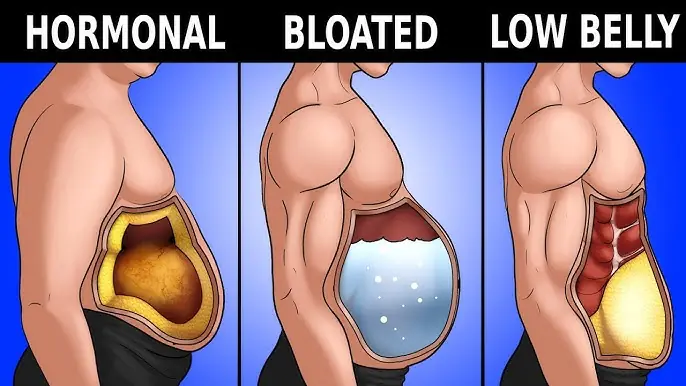
What Causes Belly Fat: Foods to Avoid and Other Key Factors

Notice These 4 Unusual Signs Before Sleep? Be Careful – They May Signal a Risk of Stroke

5-Year-Old Girl Diagnosed With Terminal Cancer: A Wake-Up Call for All Parents

Good News: Successful Trial of Method That Destroys 99% of Cancer Cells
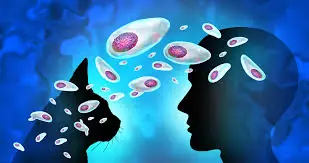
Terrifying Study: Up to 30% of Americans Could Be Infected with Brain-Impacting Parasite

Itching in 9 Areas: A Warning Sign of Malignant Tumors, Number 7 Is the Most Common

Doctor's "Deeply Concerning" Warning After Man Injects Sperm to 'Cure Back Pain'
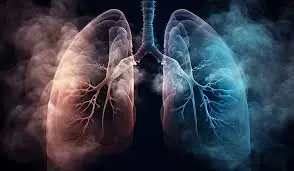
Non-Smoker Diagnosed with Lung Cancer Shares His Only 'Silent' Symptom
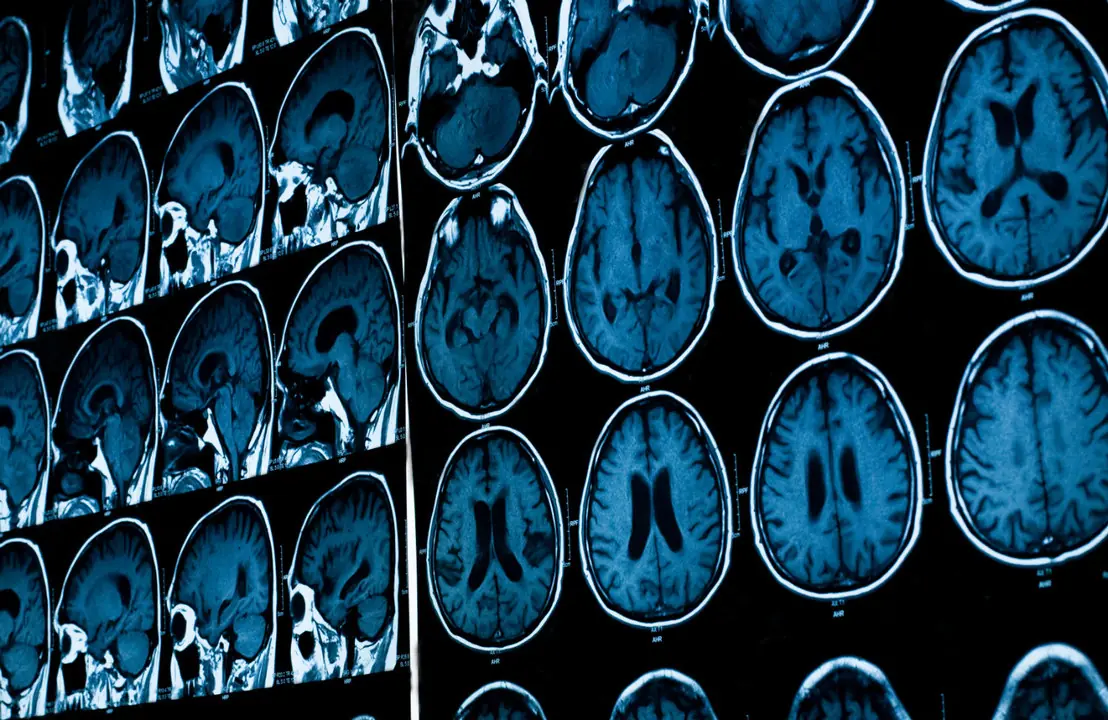
Alarming Discovery: High Aluminum Levels Found in Brains with Alzheimer's, Autism, and MS

First Human Trial Launched for Stem Cell Therapy to Reverse Spinal Cord Injuries
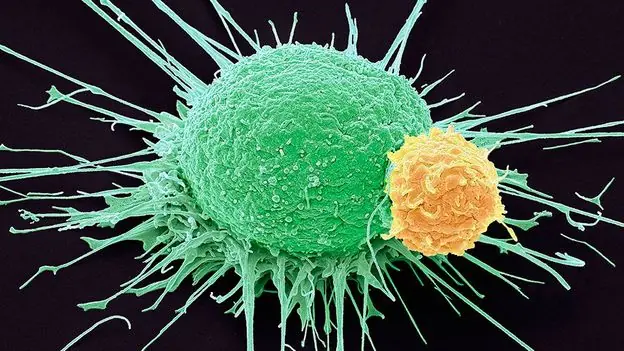
From Despair to Hope: Joe Tippens' Incredible Cancer Recovery Story with Fenbendazole
News Post

The Trans-Canadian Rail Route: An Iconic Journey Across Canada

Vocal Speech Observed in Wild Chimpanzees. Are Apes Evolving Into Humans?

Photograper Captures A Once-In-A-Lifetime Shot Of A ‘Horizontal Rainbow’ That Filled The Whole Sky

Scientists Discover Massive Underground Reservoir Holding 3x More Water Than All Our Oceans Combined

If You Kill One Dragonfly, You Are Responsible For Over 100 Mosquito Bites

Tesla Dreamed It—Now Wireless Electricity Is Closer To Reality Than Ever

Can Your Eyes Reveal Diabetes or Cancer? Don’t Miss the Signs

Discover The Miraculous Benefits of Moringa

Natural Drink to Support Knee Health for Seniors

5 Typical Early Symptoms of Childhood Cancer: When to Take Your Child to the Hospital Immediately

The Peel That Could Empty Hospitals: A Natural Remedy for Cancer, Diabetes & High Blood Pressure 😱👇

Shocking Truths About Sunflower Seeds You Need to Know Before Your Next Snack

Cloves, Garlic & Honey: A Simple Jar of Nature’s Support

A Soothing Blend of Cinnamon, Garlic, and Aloe Vera: What It May Offer for Your Health

I’m 60 and Reversed Diabetes, High Blood Pressure, and Poor Circulation Naturally — Without Pills or Expensive Medications

The Daily Drink That Supports Youthful Vitality: Cucumber, Lemon, and Ginger

World’s Largest Fish Nesting Ground With 60 Million Nests Discovered Under Antarctic ice

World’s Smallest Otter Species Rediscovered In Nepal After 185 Years
